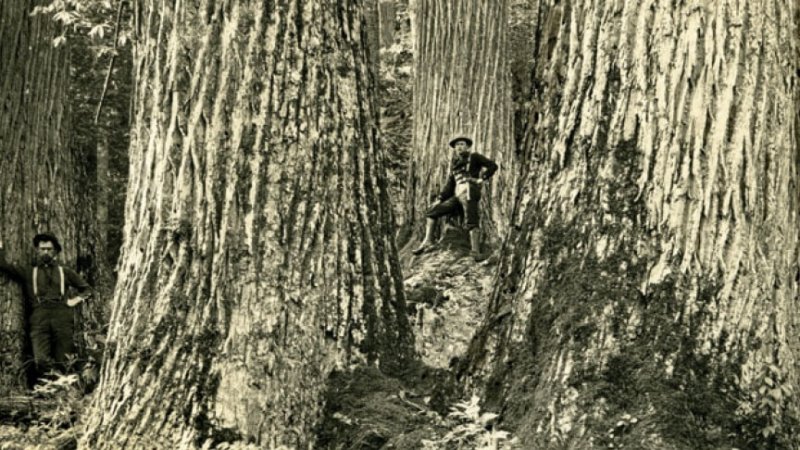That many forests in the United States are suffering health crises is not in question. Much of this troubling condition, however, has come as a result of human activities. The global trade in wood chips, raw logs and live trees has imported invasive plants, disease and insects. Over-logging and soil compaction make natural forest regeneration difficult. And acid rain from Midwest smokestacks kills off the mountaintop forests of the Northeast.
…
The use of biotechnology in forests, as the National Academies is examining, is yet another ill-conceived human intervention likely to add to, not alleviate, forest health crises. The body is debating the intentional release of trees genetically engineered in ways that could never occur in nature, with no knowledge of the long-term social or ecological risks.
…
The risks of tampering with the genes of trees are unknown and unknowable. Yet the GE American chestnut is planned for release into forests with the intention of contaminating wild trees with their engineered pollen. The goal: replace wild American chestnuts with engineered ones.
…
Attempts to promote forest health by circumventing evolution and genetically engineering trees, however, is bound to fail, with potentially irreversible impacts on the very ecosystems they ostensibly are intended to help. Any real strategy to address forest health crises must confront the underlying causes and include impacted communities in the decision-making process.
Editor’s note: Rachel Smolker is a co-director of Biofuelwatch and is on the board of Global Forest Coalition. Anne Petermann is executive director of Global Justice Ecology Project and coordinator of the Campaign to STOP GE Trees. Rachel Kijewski is a GE trees campaigner for Global Justice Ecology Project and a member of the Campaign to Stop GE Trees Steering Committee.
Read full, original post: The forests are in crisis but biotechnology is not the solution































